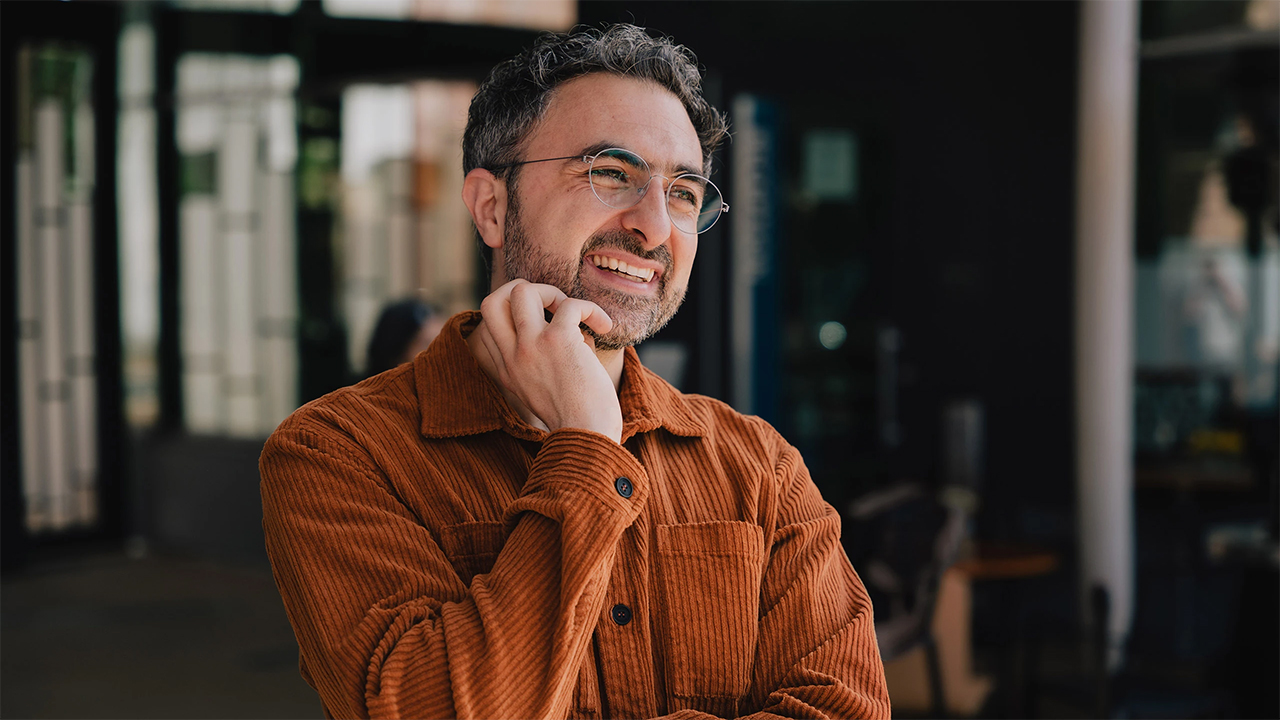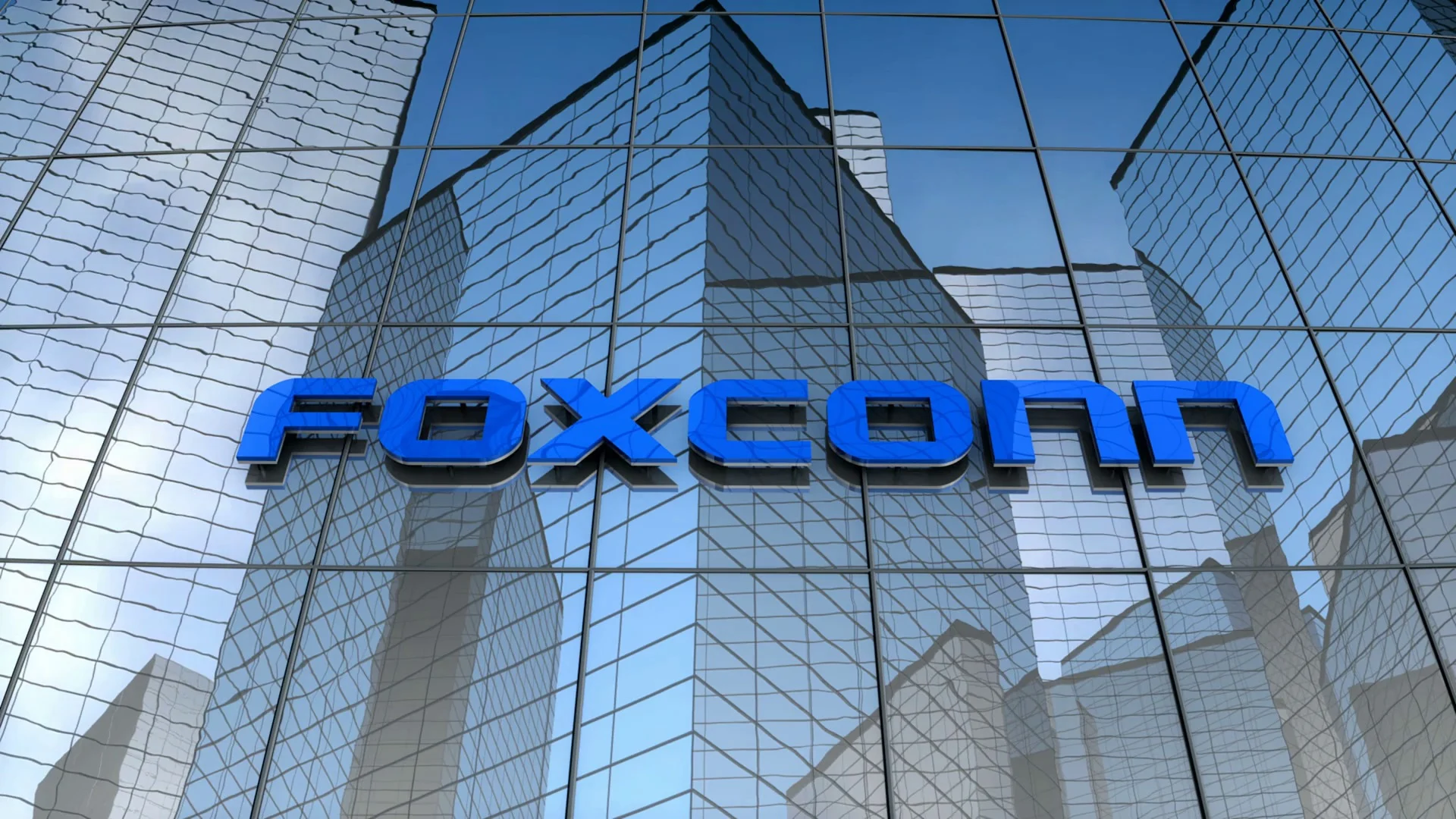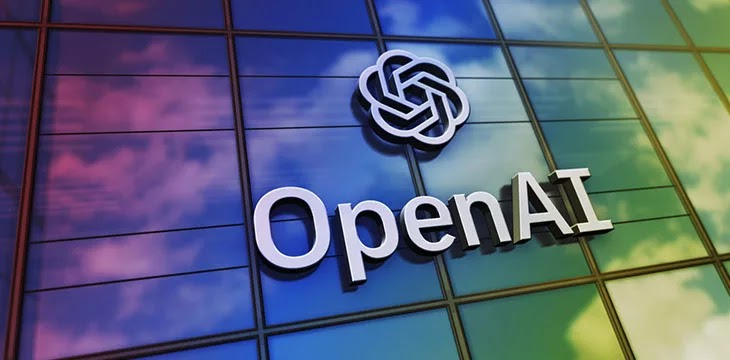Mustafa Suleyman, CEO of Microsoft’s AI division, ignited controversy with his recent remarks on web copyright during an interview with CNBC’s Andrew Ross Sorkin. Suleyman asserted that content accessible on the open web should be considered “freeware,” suggesting it can be freely copied, reproduced, and recreated by anyone.
According to Suleyman, “Anything that’s accessible on the open web is freeware.” He acknowledged the contentious nature of using content from websites that explicitly prohibit such actions, labeling it a “gray area” likely to be resolved through legal channels.
This viewpoint from Suleyman comes amid ongoing legal challenges faced by Microsoft and OpenAI, accusing them of utilizing copyrighted materials to train AI models. These lawsuits highlight discrepancies between technology companies and content creators regarding the interpretation and application of copyright laws.
The controversy has sparked broader discussions about the intersection of technology and intellectual property rights. While Suleyman’s comments suggest a liberal interpretation of online content usage, critics argue that such practices, especially scraping content from sites with clear usage restrictions, constitute infringement rather than fair use.
Legal experts and industry stakeholders are closely monitoring these developments, noting that existing laws may not adequately address the complexities introduced by advancements in artificial intelligence and web scraping technologies.
As debates intensify and lawsuits unfold, the stance of publishers and content creators remains clear: unauthorized use of their content, particularly for commercial gain, is perceived as theft rather than a legally permissible practice.
While governments and regulatory bodies grapple with updating copyright frameworks to accommodate digital innovation, the outcome of these legal challenges could have far-reaching implications for the future of intellectual property rights in the digital age.



